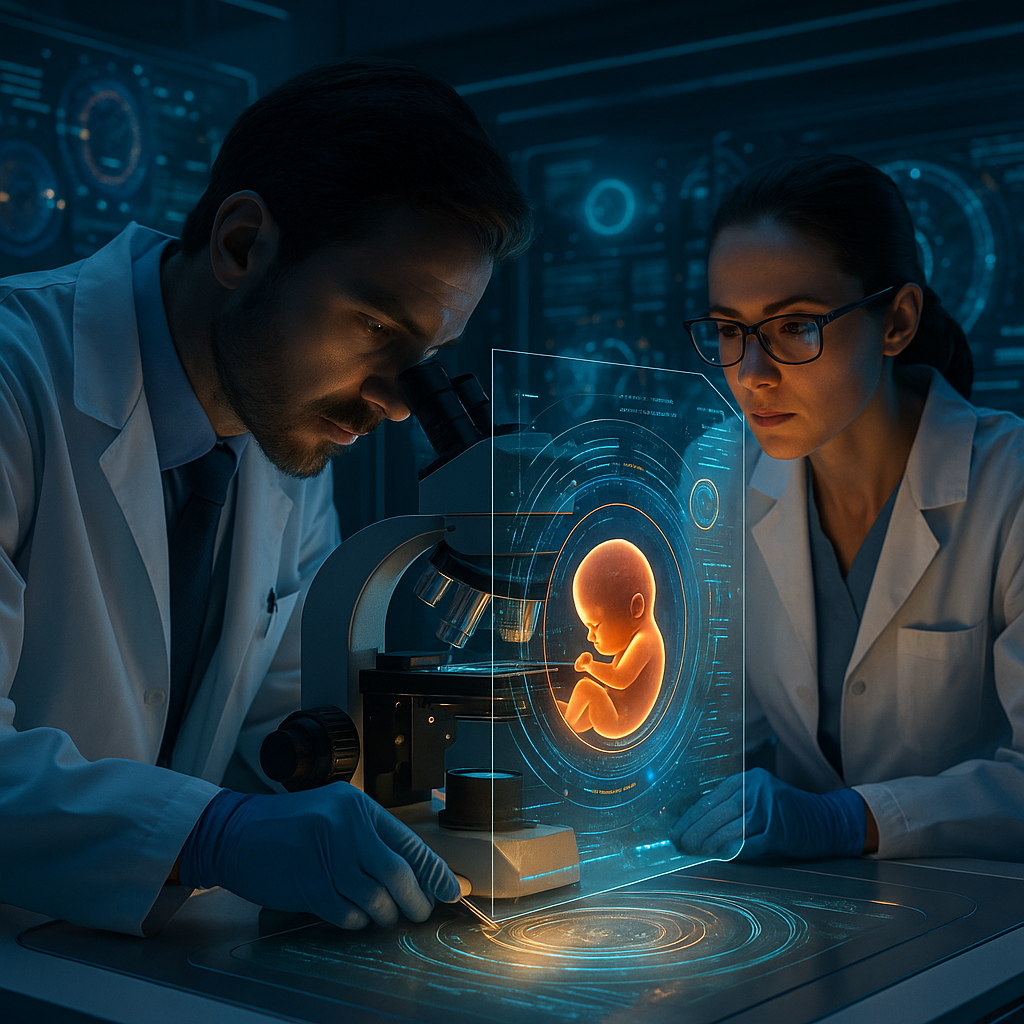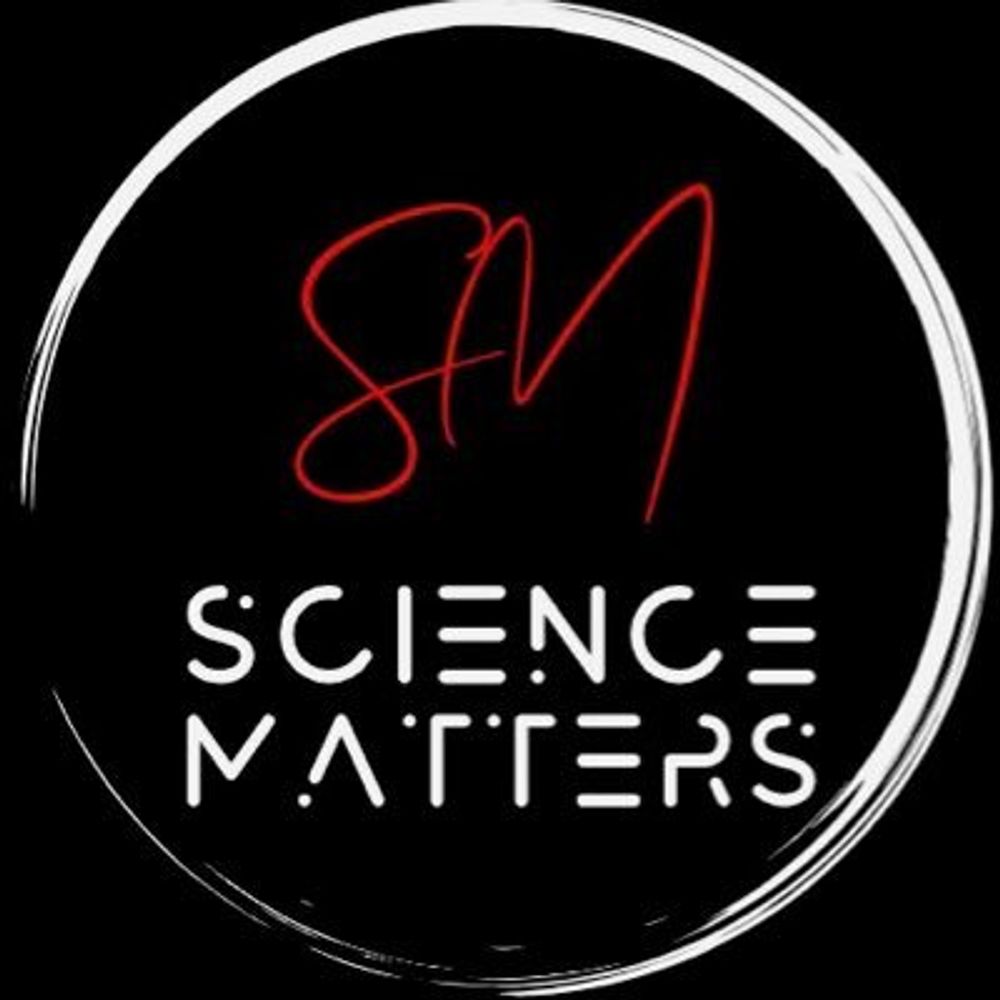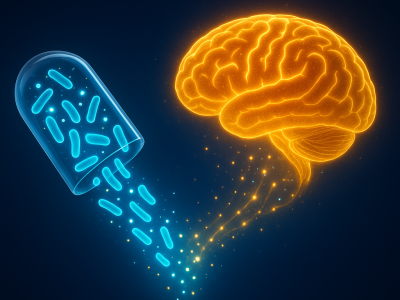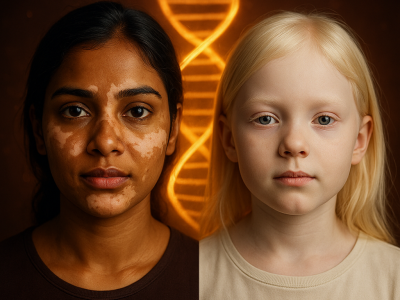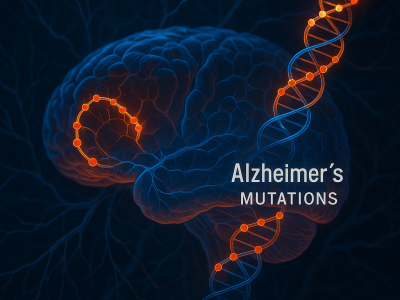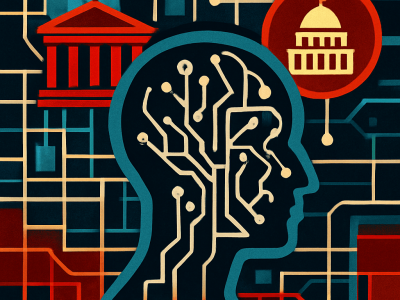Imagine being told that every child you conceive will inherit a potentially fatal genetic condition. For generations of families affected by mitochondrial diseases, this has been a devastating reality. But now, a pioneering reproductive technology has offered a new path. In the UK, scientists have successfully created babies with DNA from three people, the mother, father, and a mitochondrial donor, in what is known as mitochondrial replacement therapy (MRT).
This medical first is not just a scientific triumph. It represents a turning point for reproductive medicine and for families facing the heartbreak of passing on an incurable disease. Eight healthy babies have already been born using this groundbreaking approach, and the early results are being hailed as a success by experts across the globe. Yet the story is not without controversy.
What are mitochondrial diseases and why are they so devastating?
Mitochondria are often described as the “power plants” of our cells. They produce the energy our bodies need to function. But they also carry their own small set of genes, distinct from the nuclear DNA inherited from both parents. These mitochondrial DNA mutations can cause devastating disorders that affect the heart, brain, muscles, and other vital systems.
In many cases, there is no cure. Children born with severe mitochondrial diseases may face muscle wasting, vision loss, heart failure, seizures, or death within months or years. Around one in 5,000 babies is affected.
Mitochondrial DNA is passed exclusively from mother to child. This means a woman with a mitochondrial mutation risks passing it to every child she conceives. Sometimes the severity depends on the proportion of faulty mitochondria, known as the heteroplasmy level. But for women with high levels (or whose mitochondria are entirely affected), conventional reproductive approaches like preimplantation genetic testing (PGT) are not enough.
The science behind mitochondrial replacement therapy
MRT offers a radical alternative. Developed and refined in the UK, the technique involves transferring the nuclear DNA from the mother’s egg into a donor egg that has had its own nucleus removed but retains healthy mitochondria. The donor egg is then fertilised with the father’s sperm. The resulting embryo contains nuclear DNA from both parents and healthy mitochondrial DNA from the donor, representing less than 0.1% of the total genetic material.
This approach effectively prevents the child from inheriting harmful mitochondrial mutations without altering the nuclear DNA that determines most traits like appearance, intelligence, or personality. It is a highly targeted method, focused purely on avoiding mitochondrial disease.
A world-first trial in the UK
The UK became the first country to legalise MRT in 2015, following years of scientific research and public consultation. The Newcastle Fertility Centre, in collaboration with Monash University in Australia, launched a carefully regulated National Health Service (NHS) Mitochondrial Reproductive Care Pathway in 2017. This service provides genetic counselling, reproductive options, and close clinical monitoring for women at high risk of passing on mitochondrial disease.
Between 2017 and 2025, 196 women were referred to the pathway. Of these, 32 were approved for mitochondrial donation using a technique called pronuclear transfer. From these, eight pregnancies were confirmed and eight babies were born, four boys and four girls, including one set of twins. Another pregnancy is ongoing. All were delivered between 36 and 42 weeks, either naturally or via planned caesarean section.
These results, published in The New England Journal of Medicine by Robert McFarland and colleagues, provide the most detailed evidence to date that MRT can work safely in a clinical setting.
Early health outcomes
All eight children were healthy at birth and are developing normally. For five, no mutated mitochondrial DNA could be detected in blood samples. In the remaining three, mutation levels ranged from 5 to 16%, still well below the disease threshold.
Follow-up assessments have so far been reassuring. Two children had health issues unrelated to mitochondrial disease: one experienced infant myoclonic epilepsy that resolved without treatment, and another had heart rhythm problems and high lipid levels likely linked to maternal pregnancy complications. Both responded well to treatment and continue to develop normally.
The researchers emphasise that these outcomes are encouraging but must be interpreted with caution. Long-term monitoring is essential, not just for these children but potentially for their future offspring, to ensure no unforeseen consequences emerge.
The ethical debate
MRT’s ability to alter the genetic makeup of an embryo in a way that is heritable has fuelled intense ethical debate. Critics fear it could open the door to so-called “designer babies”, where genetic engineering is used for enhancement rather than disease prevention. Others object to the use of donor eggs or the destruction of embryos during the process.
For supporters, the technology offers something profoundly human: the chance for parents to have healthy, genetically related children. “After years of uncertainty, this treatment gave us hope, and then it gave us a baby,” one mother involved in the trial said in a statement.
Globally, legal approaches vary widely. Australia has approved MRT, while countries like the United States and France have banned it. Some clinics in Greece, Ukraine, and Mexico offer mitochondrial donation, but often outside the strict regulatory oversight seen in the UK.
The NHS programme is continuing to refine the procedure and track outcomes. The team stresses the need for comprehensive, long-term data to fully understand MRT’s safety and effectiveness. They also emphasise that MRT is not a universal solution, but it is reserved for women with no other safe reproductive options.
The technology’s success in the UK could influence policy in other countries, particularly if follow-up studies confirm that children conceived this way grow up healthy. As research advances, there may also be potential for MRT to address other mitochondrial-linked conditions, though this would raise fresh ethical and regulatory questions.
A global turning point for reproductive medicine
The birth of eight healthy babies through MRT marks a milestone in both science and human history. It is a testament to decades of research, careful regulation, and the determination of families and scientists to find a way past the genetic barriers imposed by mitochondrial disease.
Whether MRT becomes widely available will depend on ongoing scientific evaluation, ethical debate, and political will. But for families facing the heartache of mitochondrial disease, it represents something extraordinary: a future where a devastating genetic legacy can be stopped in its tracks.
As science pushes the boundaries of what is possible in reproduction, society faces a critical question. Should we embrace mitochondrial replacement therapy as a safe, ethical way to prevent genetic disease? Or should we tread more cautiously, wary of the unintended consequences of altering human inheritance?
Join the conversation and share your views. The future of reproductive medicine may depend on it.
Reference
McFarland, R., Hyslop, L. A., Feeney, C., Pillai, R. N., Blakely, E. L., Moody, E., Prior, M., Devlin, A., Taylor, R. W., Herbert, M., Choudhary, M., Stewart, J. A., & Turnbull, D. M. (2025). Mitochondrial donation in a reproductive care pathway for mtDNA disease. New England Journal of Medicine. Advance online publication. https://doi.org/10.1056/NEJMoa2503658

